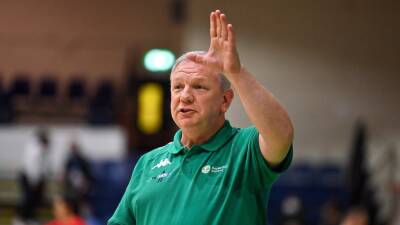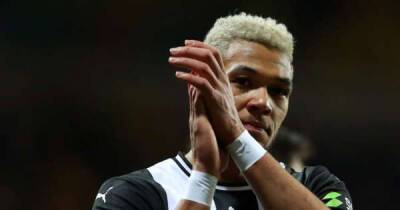Five Nations 1972: A championship abandoned & an emotionally charged return in Dublin
Fifty years ago the 1972 Five Nations Championship was abandoned, left unfinished for the first and so far only time in its history.
In the aftermath of Bloody Sunday, the decision by Scotland and Wales not to play in Ireland meant not all the fixtures were fulfilled.
Here, former players and rugby officials recall their thinking at the time, while also looking back on the remarkable events of the following year when, in February 1973, England did travel to Dublin.
Delivered to Lansdowne Road under armed protection, they were welcomed by an emotionally charged crowd of 50,000 in «an act of great friendship».
This story begins on 30 January 1972, when the British Army's Parachute Regiment shot dead 13 people in Londonderry after opening fire on a civil rights march. The demonstrators had been protesting against a new law giving authorities the power to imprison people without trial in Northern Ireland.
Bloody Sunday will forever be remembered among the most terrible events of the Troubles. In its immediate aftermath, three days later, as some of those killed in Derry were buried, the British embassy in Dublin was set ablaze and destroyed.
The Five Nations of 1972 had opened on 15 January — 15 days before Bloody Sunday. Wales had a strong side, Ireland too. Anticipation among rugby fans was high, but soon the sport was sent into disarray, like so much else.
Ireland began their campaign with victory over France on the outskirts of Paris on 29 January. They would then play England at Twickenham on 12 February.
Willie John McBride, the former Ireland captain, and former British and Irish Lions captain, recalls being accompanied by an armed guard.
He says: «I remember being in London and having protection and asking the guy with





